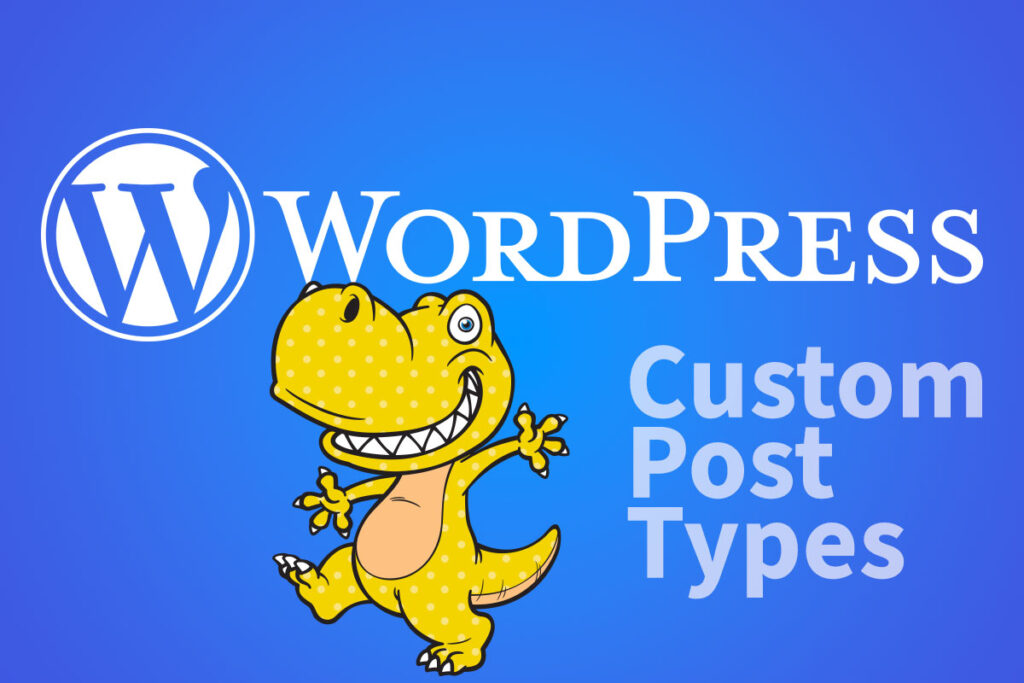Last Updated on May 24, 2022 by WP Knowledge Hub
For most WordPress website owners, plugin updates are often at the top of the to-do list, but it’s usually a small job that doesn’t require a huge amount of time. Updating plugins is typically just a matter of clicking the “update now” button, and waiting a few seconds. But sometimes, plugins can take minutes to update, or even stall and return an error message that the update has failed.
Why does this seemingly happen out of nowhere? Maybe your plugins were updating quite quickly at one point, but now they’re not anymore?
Let’s find out why this can happen.
Troubleshooting Slow WordPress Plugin Updates
Here are some common reasons why your plugins may be updating slowly:
- Your website is on a shared server
- Your server’s resources have been exhausted
- Your server is currently updating or restarting and coming back online shortly
- Some plugin updates always take a long time
- Some plugins are conflicting with each other
- You could be facing caching issues
Your Website is on a Shared Server
Most cheap hosting plans use shared hosting. This means that your website is not hosted on its own unique server, but rather shares a slice of the pie with thousands of other websites, who all share the server’s resources, such as computing power, bandwidth and storage space. If the other websites on your hosting server are using up all the resources, that means your website will naturally be much slower than usual.
Your Server’s Resources Have Been Exhausted
If this is the case, your website will be slow, or it can even crash. The first sign that your server is out of resources is that your website will become very sluggish. Another clear sign is the White Screen of Death. An easy way to tell, is to log into your hosting account, and looking up your statistics to see if you are going over your permitted amount.
If this data is unavailable to you on your current hosting plan, you’ll need to call your hosting provider to confirm. If this is the case, we strongly suggest upgrading your hosting plan, or switching to a much more robust hosting company, such as WP Engine.
Your Server is Currently Updating or Restarting
It’s also possible that some processes have been interrupted because of a server reboot or update. Yes, even large data-centres like the ones at Google or GoDaddy have updates that can only be apply by “turning it off and on again”, as silly as it may seem. You might want to wait a few minutes before trying your update again, just to make sure.
Some Plugin Updates Always Take a Long Time
It’s also quite possible that the plugin you are updating is quite large and has a lot of files to overwrite. Plugins like WooCommerce have a massive database and a ton of files, so it’s only natural that it could take longer than other plugins to update. If this is the case, just give it some time, and it will eventually update.
Some Plugins are Conflicting with Each Other
If none of the situations above apply to you, the most likely culprit is plugin conflicts. Sometimes, a third-party plugin’s code will conflict with another plugin’s code, causing unexpected errors. This is why it’s always good to keep the lowest possible number of plugins active on a WordPress website.
If you suspect a plugin issue, the only way to find the culprit is to deactivate them one by one and test the functionality of the website each time, until you find the one that is slowing down the updates.
It’s ideal to do this on a staging site, since disabling plugins on a live site will definitely temporarily break some functionality.
Don’t forget to turn them back on once you’re done testing.
You Could be Facing Caching Issues
One of the last possible explanations for plugins not updating is caching. Your WordPress website may have what’s known as a caching plugin, such as W3 Total Cache or WP Super Cache. These are examples of plugins that help create a secondary HTML copy of your site to serve it up faster to returning visitors in order to enhance your page speed and user experience.
But these caching plugins have so many advanced options, that they can even cache the database, or other necessary files that may also cause conflicts on your site.
This is why it’s important to disable these plugins when testing plugin updates as well.




